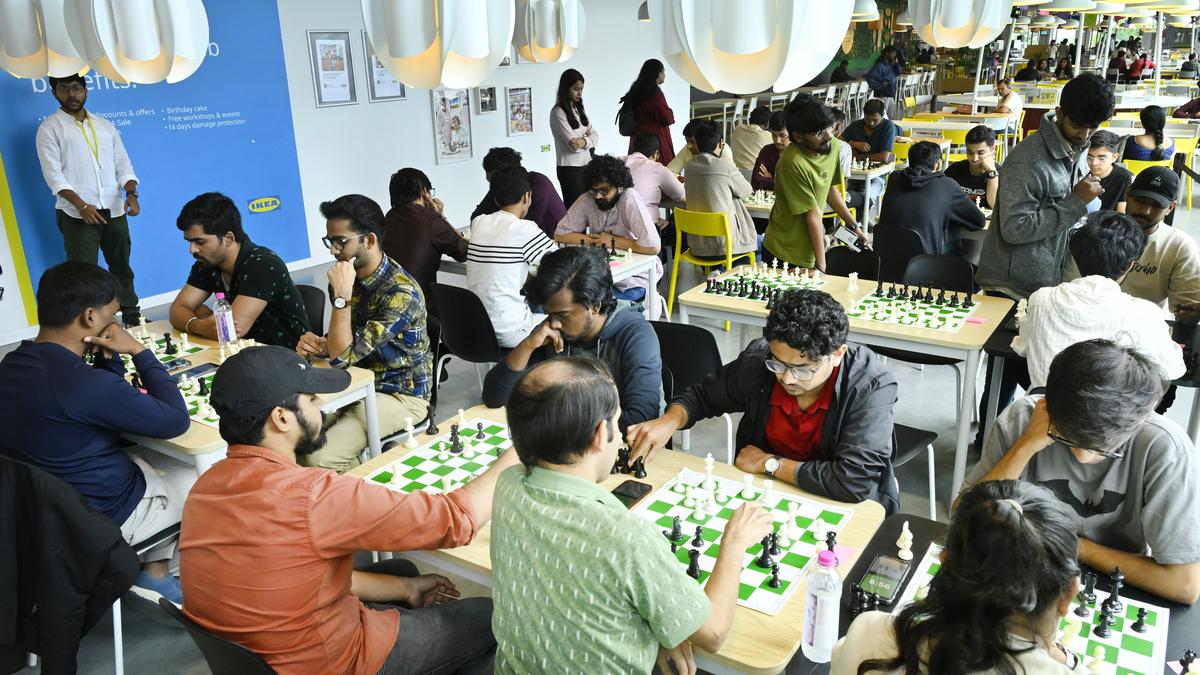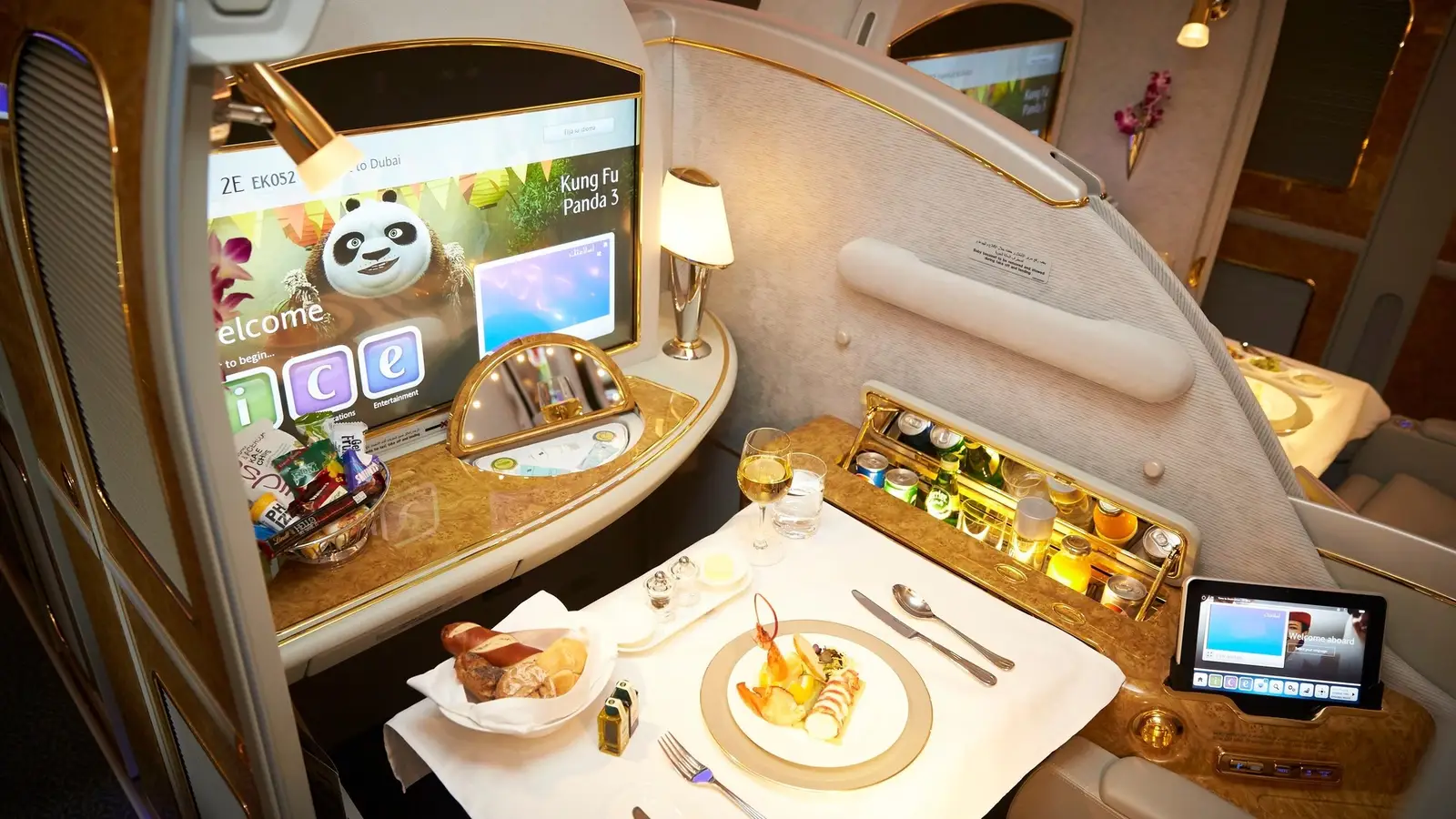By Jaideep Unudurti
Copyright thehindu

It is a rainy morning with grey light flooding in from the windows of the ‘Swedish restaurant’ in IKEA Hyderabad. I’m here on a Sunday after spotting a post on my Instagram feed announcing a chess tournament. In IKEA? I am curious. A portion of my misspent childhood had been allotted to playing the royal game and I wonder, as the Americans say whether “I still got it”.
I find the tournament players at one end. Even before the event has begun, some have started playing impromptu. The organiser looks frazzled — nearly 50 players have turned up, and there are more participants than the number of boards.
I look around, the crowd is mostly 20 and 30 somethings, and look like young professionals. I register my name, and am added to a WhatsApp group, where the pairings or who will play whom will be announced. There are post-it notes stuck on the tables, numbering them and imposing an order on these 64 squares. For clocks we use apps on our phones, with about 10 minutes to each player to complete the game.
As I soon find out, with names like Pawns Gambit, Tribe 64, and Chess Musketeers, virtual chess clubs which use social media to advertise meetups and tournaments are all the rage. These tournaments usually last a few hours and are held in upmarket coffeeshops. In fact, some of the participants will be rushing after the event concludes, to another one in Bagh Beans café.
Chess and coffee shops go all the way back, a link in a chain that stretches back across millennia to the chaikhanas on the Silk Route. Where chess is played is where people meet up and ideas are exchanged. And indeed ‘coffeehouse chess’ has entered the lexicon, for it is the gully cricket of the game, far removed from the Test match-like solemnity of classical chess. Instead of cover drives, there would be barbarous attacks on the king, a lack of strategic foresight, all so that the pieces and pawns can fly in all directions. And the proliferation of cafes in Hyderabad is showing no signs of stopping.
My opponent is a techie who has won office tournaments. He essays the Sicilian Defence and we are soon plunged into battle. Posters extolling Swedish crayfish adorn the walls, while overhead light from the lamps fight the gloom of the morning.
As we play, on the next board, one player has lost but asks, “saradaga unkoti aaduthama?” (Let’s play another for fun?) and they cheerfully set up the pieces and are off again.
Between rounds, we grab our complementary coffees and wander around. I meet Salil Kumar, 28, originally from Bihar, who now helps design jet engines for an aerospace company here. “You could have sat at home, what is your motivation?”, I ask. “It’s the long weekend. The past two days I’ve been a couch potato, so I thought I’ll come out and meet my community,” he says. But why chess? “It is like an addiction, but a good addiction,” he says with a laugh, adding that he took up the game post-lockdown to give his brain some “exercise”: “I switched from Reels to chess” he says.
Our conversation is interrupted by dozens of WhatsApp notifications pinging; the pairings are out and everyone rushes to their table. I play with Siddharth G, a bespectacled 18-year-old, doing his B.tech. Siddharth has got a walkover in the previous round, so was yet to push a pawn in anger. Afterwards, “It was my first game, and I was anxious at the start” he admits.
Online or offline, I ask? “Offline” he says, “chess.com is the lazy way”. Offline, there is a feedback, as you observe people’s reactions, the psychology behind the game comes out”.
As the tournament progresses, I am able to make some broad observations; most of the players are those who took up online chess during the lockdown. Now, half a decade in, they have wearied of the impersonal phantom zone of the net and are keen to pit their wits in the real world.
For some like Vishal K, 28, a data analyst, it is to avoid cheating. He plays a variant called bullet chess online, a kind of frenzied T20, where players have only 1 or 2 minutes per game. Why I ask, “ It is difficult to play classical online because people are using bots”.
Still, the real world has its own quirks.
The organiser has to contend with a dispute where a bishop of one colour has defected to another like a politician after elections. Of course, these are impossible online, as illegal moves cannot be inputted. And neither is there the measured hush of a tournament hall, where every sonic transgression is shushed instantly.
At one point, a family tries to open the emergency exit and trigger a piercing alarm. They walk away nonchalantly, leaving behind a deafening din till a security guard comes along. The muzak wafts over the low rumble of customers chatting, counterpointed by a kid shrieking for his mother to get him a pastry. Still, a participant says: “I like the white noise he says, “In a tournament hall, when it is quiet my mind goes in a 1,000 different directions. But when people are talking, I am able to focus”
After the tournament I catch up with the organiser, Sairam Kolaganti, 25. “I didn’t have friends to play with” he says. He was tired of playing faceless opponents and wanted a place to play, and people to play with.
Sairam had some chess experience, playing tournaments as a kid. He would often make friends at these tournaments, and after the official game was over, they would just play for fun for a couple of hours, like musicians jamming after a concert. “We had fun” he says, “friendly games played with good spirit”. It is that chapter from his childhood that he wishes to replicate.
What is in it for the cafes? “All we want is a place to play,” Sairam explains, “We go to all the new cafes who are looking for a crowd.”
Sarita Sarkar, co-owner of Bagh Beans, says she organises regular chess events, and has also won championships as a child in West Bengal. “My mother taught me, and said chess is a game that can teach you about life. As a child, I liked pawns, because they were small but powerful.” When she was approached to organise events at the cafe, Sarita jumped at the idea. “I already had wooden boards set up for casual games. To be frank, we don’t do much business as chess attracts students who don’t have a lot of spending power. But I still host events because I like to see them use their brains and not their phones.”
I talk to the winner, Rahim Lakhani, 35, a businessman who also has a coaching academy. In tournaments, he explains “I always play by the book.. I take a minimum of six months to learn and prepare theory”. Here, however, he can play casually, for the sheer joy of the game.
The prizes are distributed and people drift away. A few still keep playing hunched over the tables. Perhaps this is the beginning of the rebellion against brainrot, against doomscrolling the days away. Chess, after all, represents the ultimate triumph of mind over matter.



